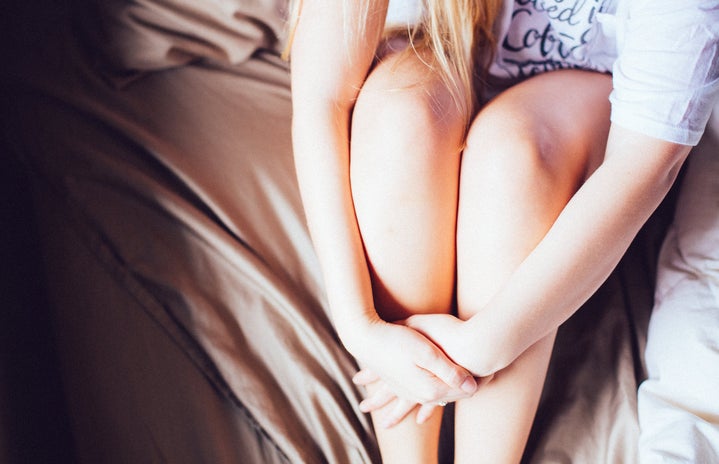At the start of the pandemic, I recall social media buzzing about all the new skills and hobbies each of us would be walking away with. I even picked up the guitar, started to learn how to embroider, thought about starting a podcast, and the list goes on. On top of the side interests, I continued to work my nine to five job in community engagement, but within a month or so of the hype of getting both personal and professional sh*t done, my city became a coronavirus hot spot. Immediately, all I could think was, “What more can I do? I’m not doing enough.” I found myself scrambling to figure out how to effectively achieve socially distant community impact work, lest I feel useless for not being able to come up with ways to help the community during this unprecedented time.
One of the first projects I decided to put together was an Excel spreadsheet, filled with local resources for students, parents, educators and others. I was actually inspired to do so as others made various documents of resources within their areas. As I was trying to figure out my next project, I witnessed the lack of communication that my city has with non-English speakers. It frustrated me to see decision-makers not putting our most vulnerable communities first, especially the employees of our meat-packing plant, which was the source of the hot spot in the first place. I felt like I had to do something to solve this issue! After connecting with a few community leaders, I realized there were a lot of organizers coming together to support and protect the community. I was ready to roll with them until my own COVID symptoms beat me to it.
I crave working under pressure, doing one thing right into the next and figuring out a solution to whatever problem comes my way. I remember checking in with my supervisor while I was sick, and made sure not to say anything about feeling sick because I didn’t want them to make me stop working in a time of crisis. In this capitalist society, my body and brain have always been told to keep revving the engine at full-speed, and not stop until I hear someone praising my hard work and dedication to the community. It took almost two weeks into my sickness for me to understand that I couldn’t do this. I needed to slow down, and maybe even stop working altogether.
My personal experience with the virus left me feeling like I was warped into another dimension. My mental health plummeted – not only did I feel pain from the aches, but I kept being incredibly harsh on myself for not being able to do more. As someone who is used to stepping into action, it was hard to realize that, sometimes, it’s okay to do nothing.

For over a month, that’s exactly what I did. I shut the world out and put a focus on my health. I stayed offline, though I would check Instagram once in a while to find some light in my darkness. I prioritized some text messages over others. I lived in my room, watching Hulu or Netflix, letting my mind wander, and sleeping A LOT to re-energize myself.
Not too long after being sick, Minneapolis (and the whole world) went into an uprising after the murder of George Floyd. As a Minnesotan and a former Twin Cities resident, I felt the urge to take action for the place I once called home. I saw my friends and former colleagues on social media attending local protests in the Twin Cities or helping with community cleanups and supporting local businesses that had become damaged. But this time, while I watched them take action in person, I didn’t feel frustrated or mad at myself because I couldn’t do more with them on the ground. While reflecting on what I could do, I learned that help can look like different things, like speaking up about injustices via social media like in support of the Black Lives Matter movement, talking to my family about anti-racism work, being a shoulder to cry on and a listening ear, or a vocal ally, to start.
If I hadn’t taken time for myself by allowing my body and mind to heal, I don’t think I would’ve been able to have fully engaged with the news in Minneapolis and the work needing to be done to support the movement. Having conversations with people who don’t get issues like police brutality can be exhausting, watching news can be detrimental to my emotional health, and returning to remote, pandemic work can be irritating, as it’s a learning curve. I’ve come to realize that taking time for myself every once in a while is crucial to doing hard work.
During quarantine, I found Lanah Delia on Twitter (a spiritual writer and wellness educator), and her tweets were so helpful in my journey to putting myself first. One quote that struck me is the following: “Self-care is how you take your power back.” I wholeheartedly agree. I know now that finding time to put me first, even if it means going on hiatus, will leave me better able to check-in with friends and family, do my work with an energized mind and spirit, and continue being vocal around issues that are so important in our time in the long run.


